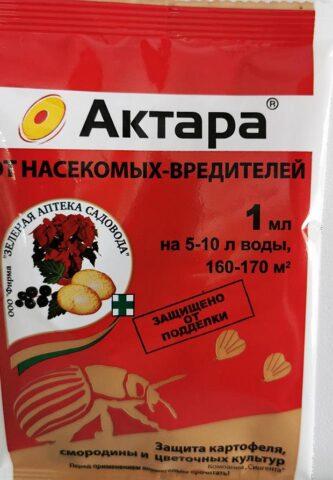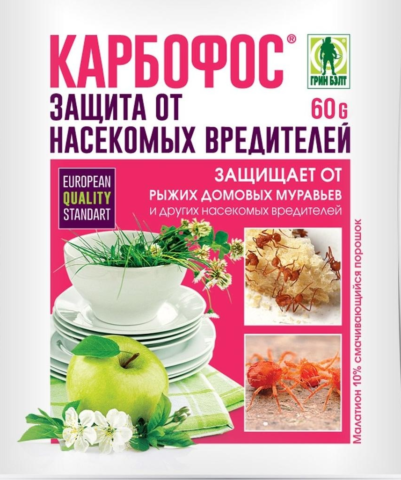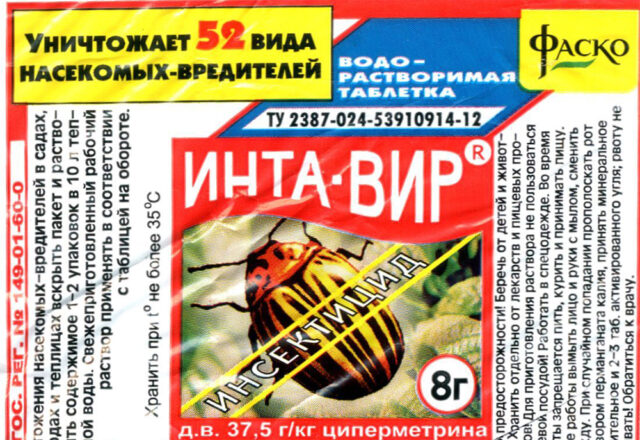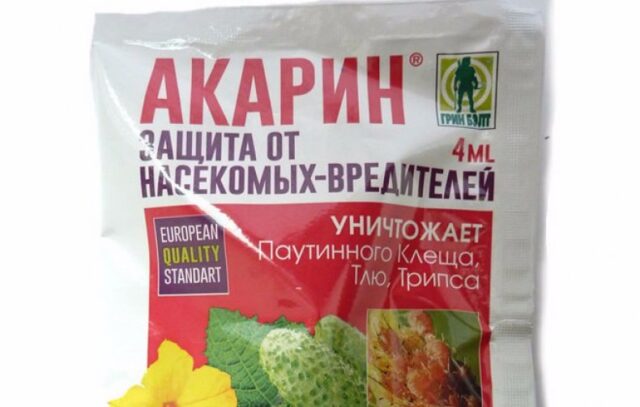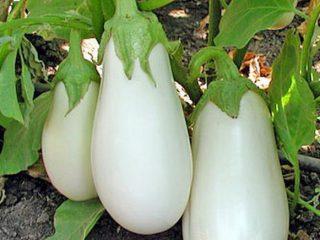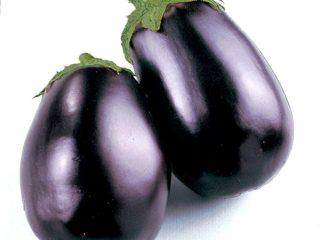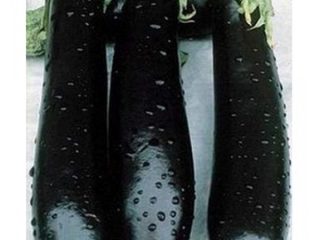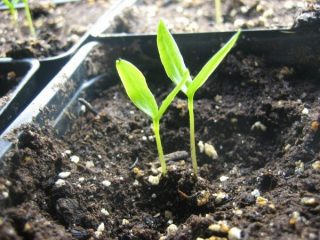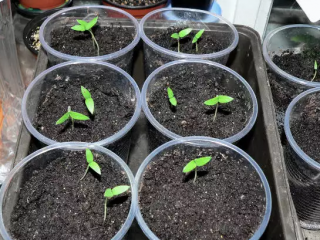Content
Aphids on eggplants can lead to the loss of a significant part of the crop and even the death of the bush. The pests are prolific and can fly from place to place. Moreover, they affect not only adult plants, but also seedlings. Insects lay eggs in the soil, so the soil must be thoroughly disinfected before sowing seeds. If the invasion could not be avoided, you will need to carry out 1-2 treatments with chemicals or 3-5 sprays with folk remedies.
Signs of defeat
Various types of pests can live on eggplants, but most often these are green peach and melon aphids, which are also called cotton aphids. The pest's body is small, usually 2-3 mm in diameter, less often 5-7 mm. The shape is oval, resembles a hemisphere or ellipse, and can be oblong. The color is very diverse: green, beige, brown, black.
Aphids on eggplants can be seen with the naked eye. You can also verify its appearance by other signs:
- white coating on eggplants;
- mucus with a sweetish taste is visible on the surface - this is honeydew (honeydew), which is secreted by aphids and some other pests);
- leaves curl and begin to turn yellow;
- brown spots appear on the surface of the tops;
- flowers and ovaries begin to fade and fall off;
- bushes lag behind in development;
- significantly fewer fruits are formed;
- There is a large concentration of ants near the plantings.
Reasons for appearance
Eggplants and many other crops are often eaten by aphids. This pest is widespread everywhere, including in Russia. It is impossible to completely get rid of it. At the same time, it is useful to know about several reasons that can provoke the appearance of insects:
- consistently high temperature (especially when grown in a greenhouse);
- high humidity;
- the presence of anthills near the site;
- initially contaminated soil (for example, when purchasing seedlings from unreliable sellers);
- violation of care rules (including watering, fertilizing).
Pests lay eggs in the soil, and if the soil is not sterilized, this phenomenon cannot be ruled out. Therefore, before planting, it is necessary to disinfect the soil mixture.
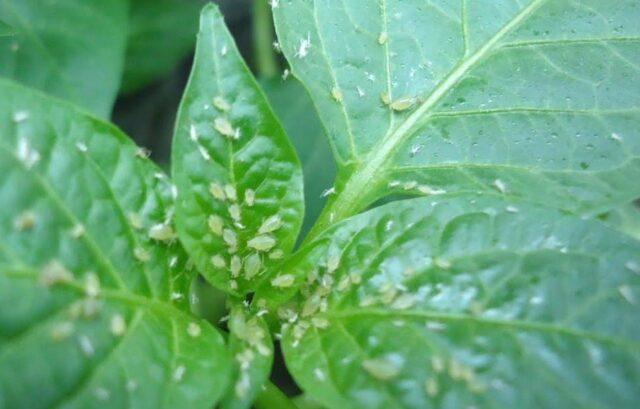
Eggplant leaves affected by aphids
What harm does it cause to seedlings and adult plants?
Aphids cause significant damage to all cultivated plants, including eggplants. The pests are prolific and spread quickly both in the greenhouse and in the open ground. They feed on plant juices - water with dissolved substances.
As a result, the bush is deprived of moisture and useful elements and begins to dry out. The seedlings practically stop growing and do not take root well after being transplanted into the garden bed. Adult eggplants produce fewer fruits, which will inevitably affect the yield.
Another danger of aphids is associated with the appearance of black mold. This is a fungal infection caused by microscopic fungi.They parasitize eggplants and can lead to the death of bushes.
How to get rid of aphids on eggplants
It is quite possible to destroy an aphid colony on eggplants or significantly reduce its numbers. The sooner you start the fight, the faster you can achieve the desired result. To do this, carry out 1-2 treatments using folk remedies or chemicals. Biological methods are also used.

You can destroy a colony of parasites with infusions, decoctions and special preparations
Folk remedies
Folk remedies will help you cope with aphids on seedlings and adult eggplants. They are effective in the early stages of an invasion, when there are not many pests yet, and also as a preventive measure. Experienced gardeners recommend using the following recipes:
- Buy classic (72%) laundry or tar soap, grind it on a grater and prepare a solution by taking 5 tablespoons of shavings per 10 liters of water. Initially, you can dissolve it in a small volume of hot liquid, then bring it to the required amount. Completely treat plantings against aphids.
- You can also destroy aphids on eggplant seedlings using an infusion of garlic (2 heads) and onion (1 root). They are crushed, infused in 1 liter, add 1 tablespoon of laundry soap shavings, stir until completely dissolved. The eggplants are thoroughly processed so that the liquid gets on both sides of the sheets.
- Regular table vinegar with a concentration of 9% helps to cope with aphids. Take 200 ml and dissolve in a 10 liter bucket, carry out several treatments with an interval of 3-5 days.
- A solution of pharmaceutical ammonia will also help to cope with aphids - just take 10 ml per 10 liters. You can add 5 tablespoons of laundry or tar soap shavings.
- If eggplant seedlings are attacked by aphids, an infusion of hot chili pepper will help destroy the pest. 100 g of crushed fruits are infused for 2-3 days in a small volume, brought to 10 liters and several sprays are carried out.
- Aphids are also afraid of herbal infusions of celandine, wormwood, and dandelions. It will take 600-800 g per 10 liters. The liquid is kept for three days, shavings of laundry soap are added and several sprays are carried out.
- Aphids do not tolerate decoctions from tomato or potato tops. 1 kg of raw materials is added to 10 liters of water. Cook for 30 minutes. Leave for several hours, then dilute with water twice and begin processing.
- Aphids die from infusion of tobacco dust: 200 g per 10 liters (hold for a day). Then you need to strain and spray the eggplants several times.
- You can also destroy aphids with an infusion of wood ash, which is prepared in the same way as in the previous case (200 g per 10 l).
- Aphids die from infusion of mustard powder (2 tablespoons per 10 liters).
Folk remedies are not as effective as chemicals, but they are safer. During the season, it is necessary to carry out at least three treatments with an interval of 3-5 days. If the aphids do not disappear, it is recommended to use special insecticides.
Chemicals
The most effective means of controlling aphids on eggplant seedlings are chemicals, for example:
- “Aktara” - one ampoule is dissolved in 10 liters and two sprays are carried out with a break of seven days.
- "Karbofos" - 15 g per 1 liter, two sprays with an interval of 7-10 days.
- “Inta-Vir” is a synthetic analogue of the plant poison of tansy flowers, chrysanthemums and other crops, used for two treatments with the same frequency.
- “Akarin” for aphids is diluted in a ratio of 5 ml per 10 liters. Carry out 1-2 sprayings.
- “Kortlis” - the drug is dissolved in water and one spray of eggplants is done against aphids. The period of protective action is up to three weeks. It is particularly effective in open ground.
- "Tanrek" is a systemic drug that destroys both adult aphids and their larvae; To achieve the result, it is enough to do 1-2 treatments of eggplants.
Spraying with preparations is carried out late in the evening or early in the morning. If eggplants are grown in open ground, processing is planned only in dry and windless weather. Rain washes away the remaining solution, so the procedure is ineffective.
This is important to consider when planning chemical treatments.
Biological control methods
You can also remove aphids from eggplants using biological methods. Natural enemies of the pest are beneficial insects: wasps, lacewings, ladybugs, hoverflies.
To attract them to the garden, it is necessary to plant nettles, green manure (for example, alfalfa, mustard, clover) and fragrant herbs and flowers: dill, coriander, caraway, mint, marigolds, lavender, thyme, parsley and others.
Birds also destroy aphids on eggplants and other plants. But it is dangerous to attract them to the garden, since they also feed on berries, drupes, and other juicy fruits.
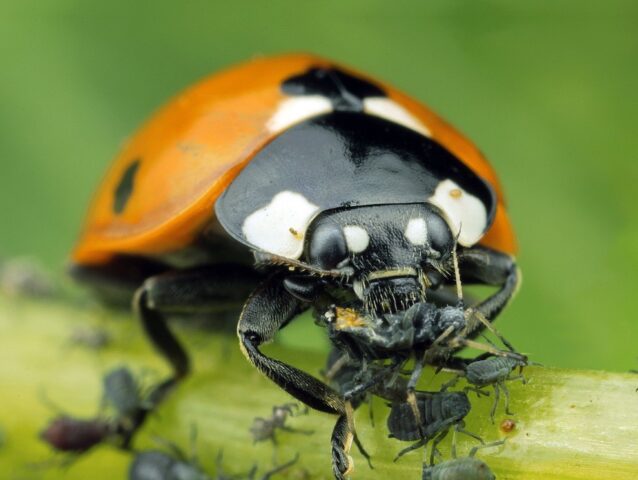
Aphids are good food for ladybugs
Almost always, the appearance of pests on eggplants and other plants is indicated by the activation of ants. They can be seen on paths near garden beds, greenhouses, and secluded places. Aphids and ants cooperate mutually and contribute to the growth of each other's colonies.Therefore, the fight should be carried out with both those and other insects
You can also carry it with a shovel onto a cart and take it further into the forest.
Prevention measures
Getting rid of aphids on seedlings and adult eggplant bushes is not so easy. Therefore, it is recommended to prevent pest invasion in advance using the following methods:
- In the fall, you need to put everything in order, especially in the greenhouse. Plant residues are removed, taken away and burned, and the soil is dug up. The surfaces of the greenhouse are washed and disinfected with potassium permanganate or other antiseptic.
- When preparing the soil for growing eggplant seedlings, water it with a 1% solution of potassium permanganate or keep it in the freezer for several days.
- You should purchase seedlings and soil only from trusted suppliers.
- After transplanting eggplant seedlings, treat it once with any insecticide.
- Ventilate the greenhouse regularly, especially in hot weather and after watering.
Conclusion
Aphids on eggplants are very dangerous, since almost the entire crop can be lost due to them. The pest quickly spreads across different plantings and can take over the entire greenhouse and vegetable garden. When the first signs appear, it is necessary to carry out treatment with folk remedies. And if they don’t help, immediately spray with a chemical.
